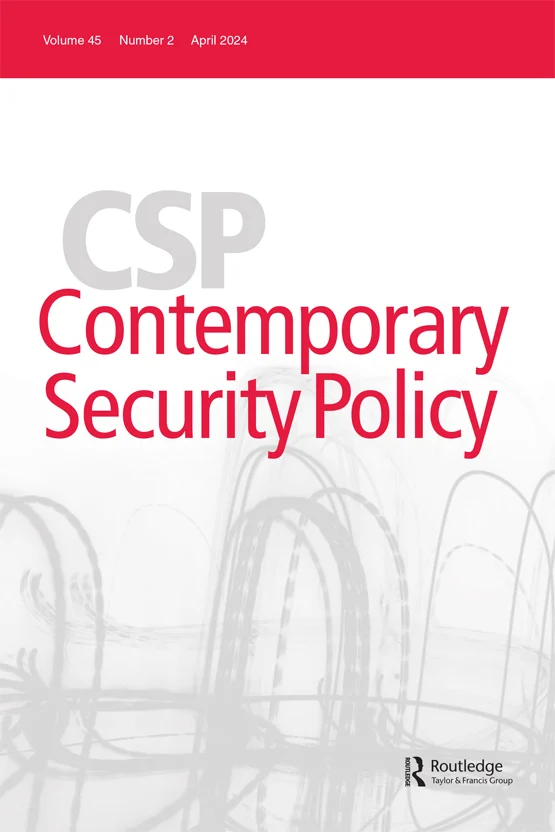Roots of Ukrainian resilience and the agency of Ukrainian society before and after Russia’s full-scale invasion
IF 5
1区 社会学
Q1 INTERNATIONAL RELATIONS
引用次数: 3
Abstract
When Russia launched a full-scale invasion of Ukraine on February 24, 2022, Ukrainians did not crumble under the unprecedented attack but showed steely resolve to fight for independence and the right to decide their own fate. In the Western media and scholarly analysis, the Ukrainian resilience is often associated with the leadership of the state, in particular President Zelensky. This article offers a different take on the issue of resilience in war and looks at the value foundations of Ukrainian identity, the decentralized nature of Ukrainian society and the vision of a better future as part of the Euro-Atlantic community to better understand Ukraine’s agency in response to Russia’s invasion. It draws on the original data, collected from interviews of three categories of Ukrainians, affected by the war: refugees, internally displaced people, and those living close to the frontlines.乌克兰复原力的根源和俄罗斯全面入侵前后乌克兰社会的机构
当俄罗斯在2022年2月24日对乌克兰发动全面入侵时,乌克兰人没有在前所未有的攻击下崩溃,而是表现出了争取独立和决定自己命运的权利的钢铁般的决心。在西方媒体和学术分析中,乌克兰的韧性通常与国家领导层,尤其是泽连斯基总统联系在一起。本文从不同的角度探讨了乌克兰在战争中的复原力问题,并着眼于乌克兰身份认同的价值基础、乌克兰社会的分散性,以及作为欧洲-大西洋共同体一部分的美好未来的愿景,以更好地理解乌克兰应对俄罗斯入侵的机构。它利用了对受战争影响的三类乌克兰人的采访收集的原始数据:难民、国内流离失所者和生活在前线附近的人。
本文章由计算机程序翻译,如有差异,请以英文原文为准。
求助全文
约1分钟内获得全文
求助全文
来源期刊

Contemporary Security Policy
Multiple-
CiteScore
14.60
自引率
6.80%
发文量
22
期刊介绍:
One of the oldest peer-reviewed journals in international conflict and security, Contemporary Security Policy promotes theoretically-based research on policy problems of armed conflict, intervention and conflict resolution. Since it first appeared in 1980, CSP has established its unique place as a meeting ground for research at the nexus of theory and policy.
Spanning the gap between academic and policy approaches, CSP offers policy analysts a place to pursue fundamental issues, and academic writers a venue for addressing policy. Major fields of concern include:
War and armed conflict
Peacekeeping
Conflict resolution
Arms control and disarmament
Defense policy
Strategic culture
International institutions.
CSP is committed to a broad range of intellectual perspectives. Articles promote new analytical approaches, iconoclastic interpretations and previously overlooked perspectives. Its pages encourage novel contributions and outlooks, not particular methodologies or policy goals. Its geographical scope is worldwide and includes security challenges in Europe, Africa, the Middle-East and Asia. Authors are encouraged to examine established priorities in innovative ways and to apply traditional methods to new problems.
 求助内容:
求助内容: 应助结果提醒方式:
应助结果提醒方式:


